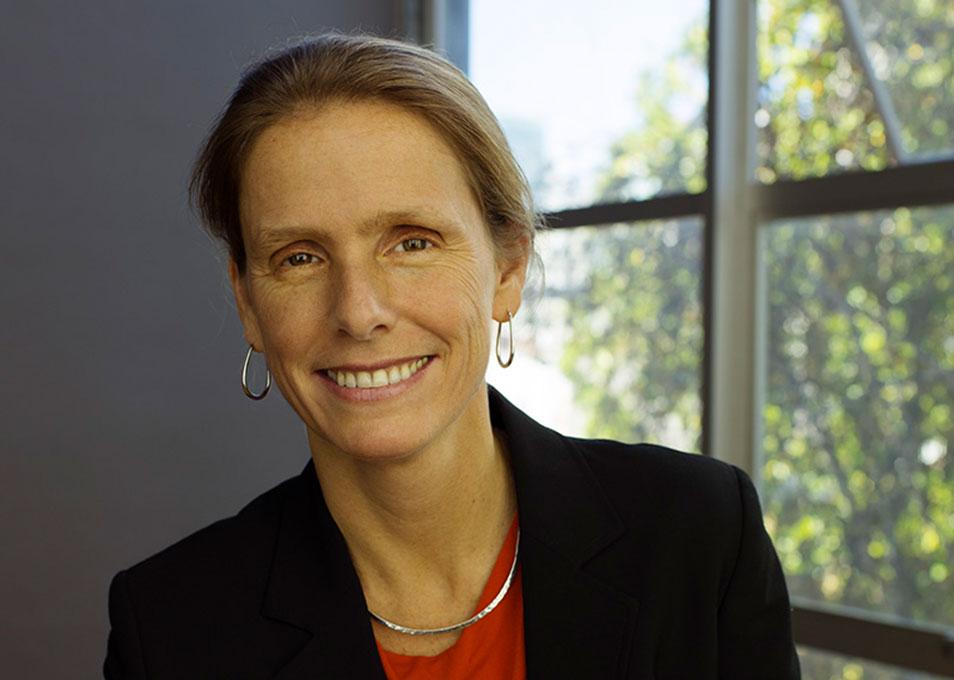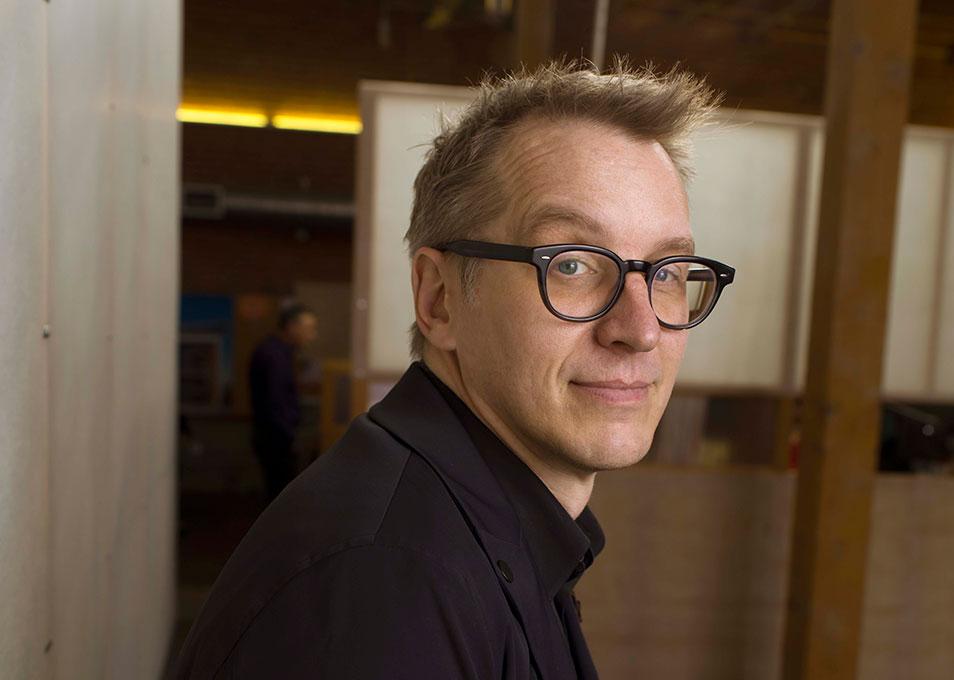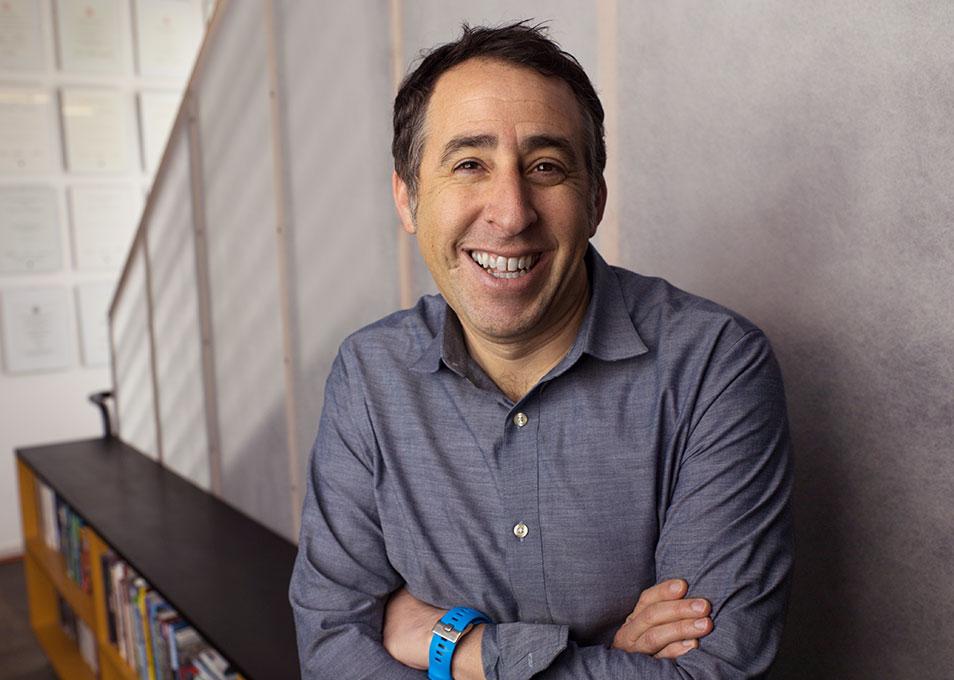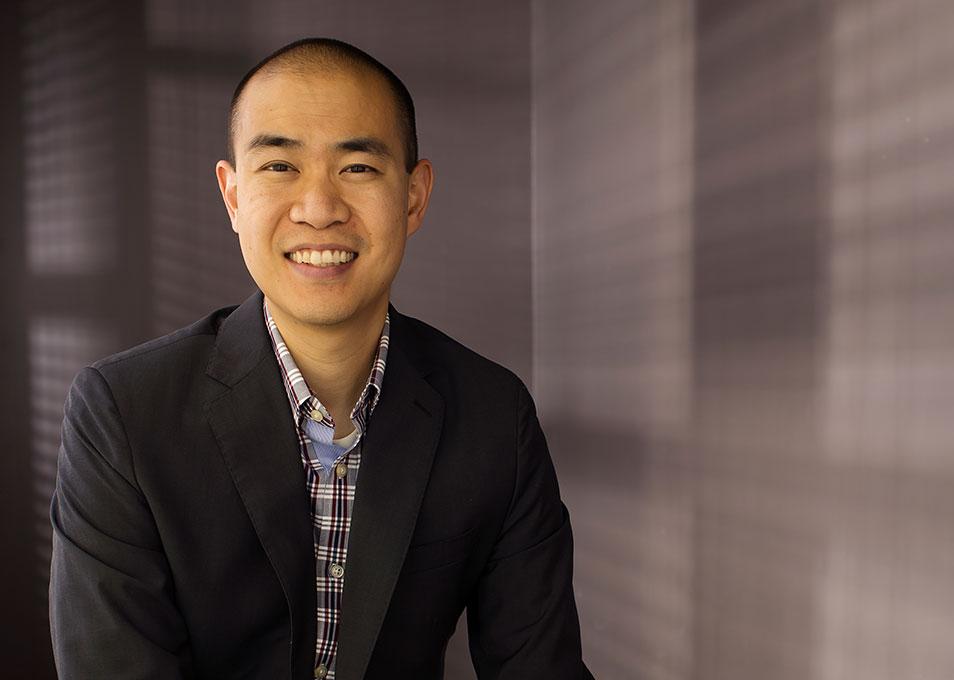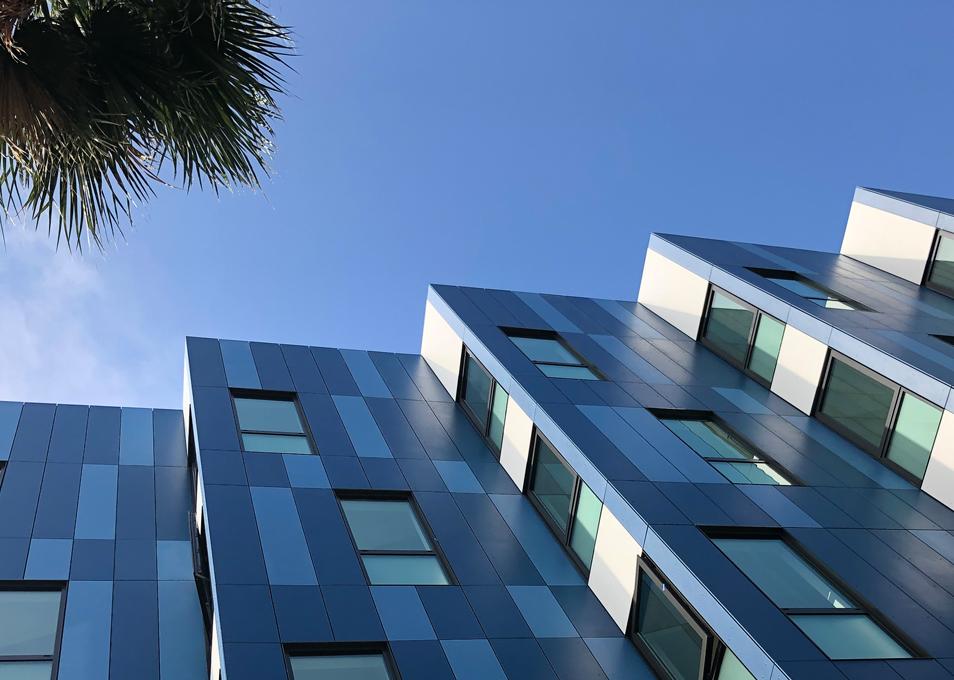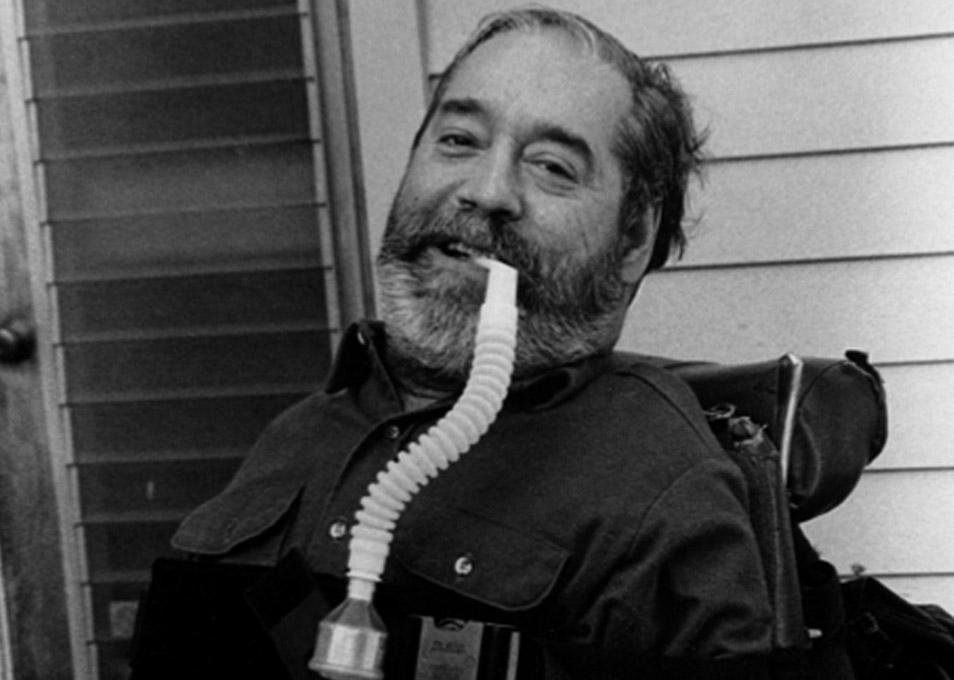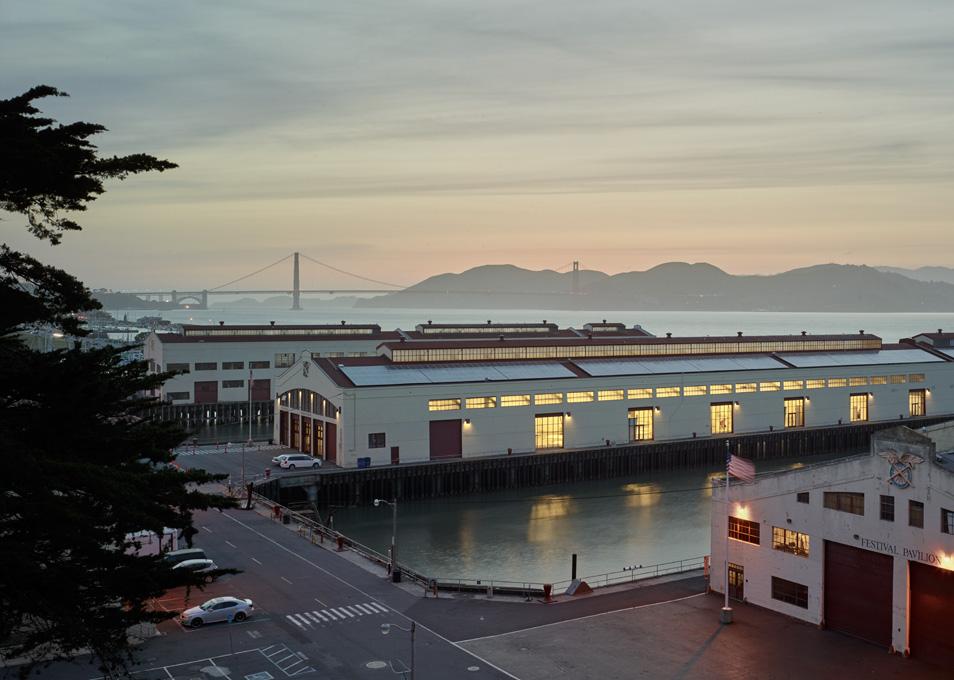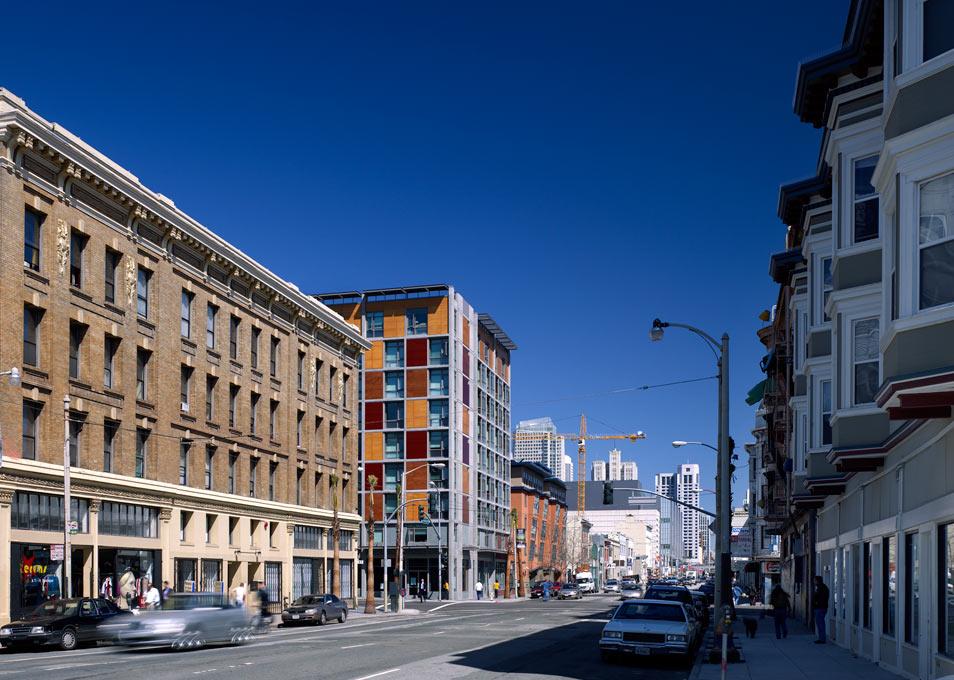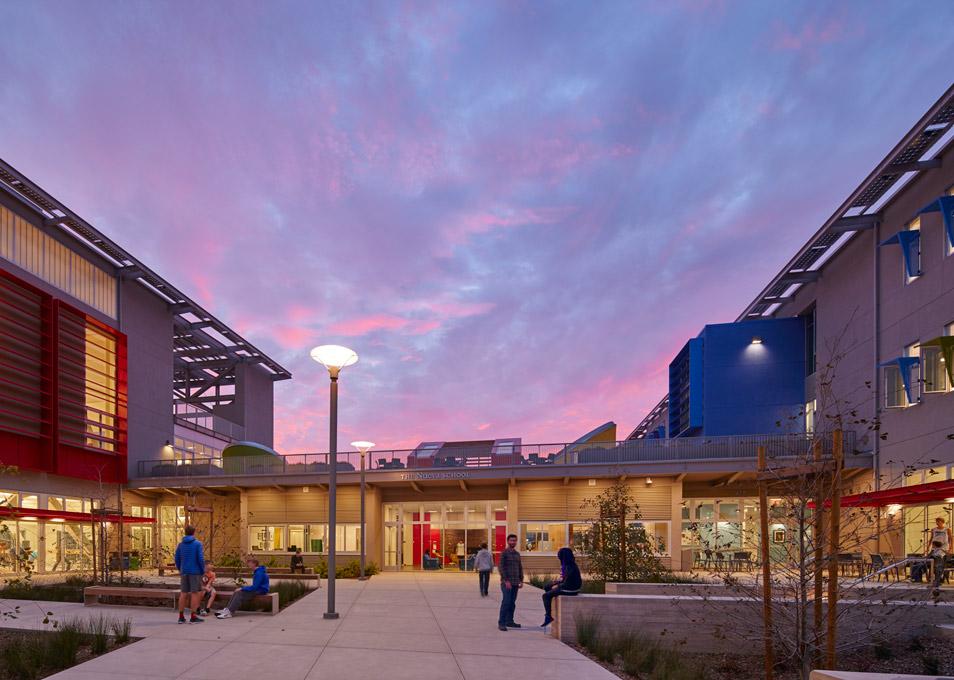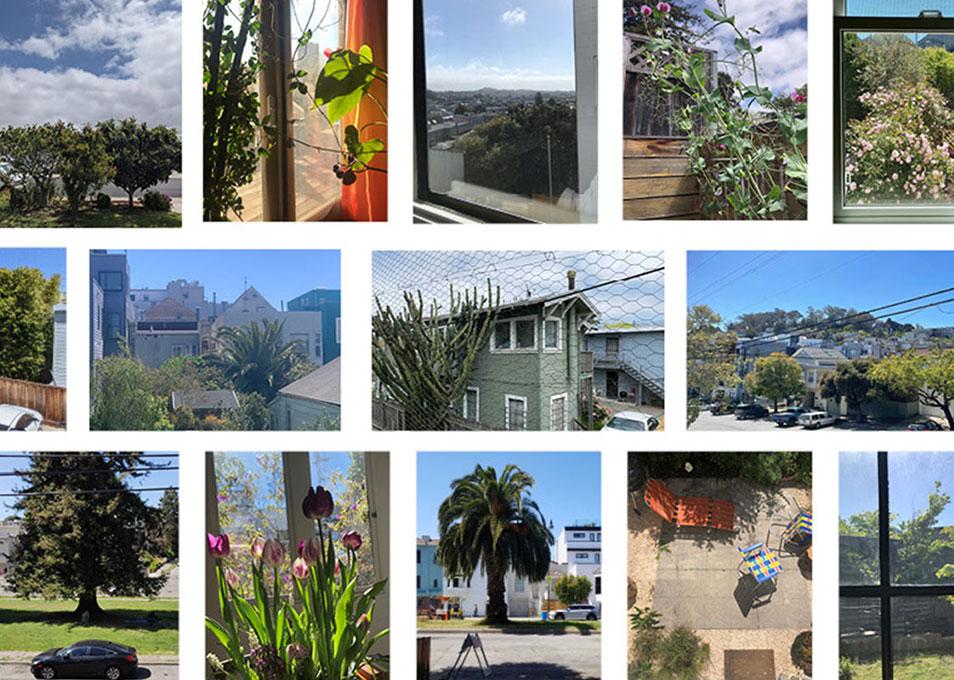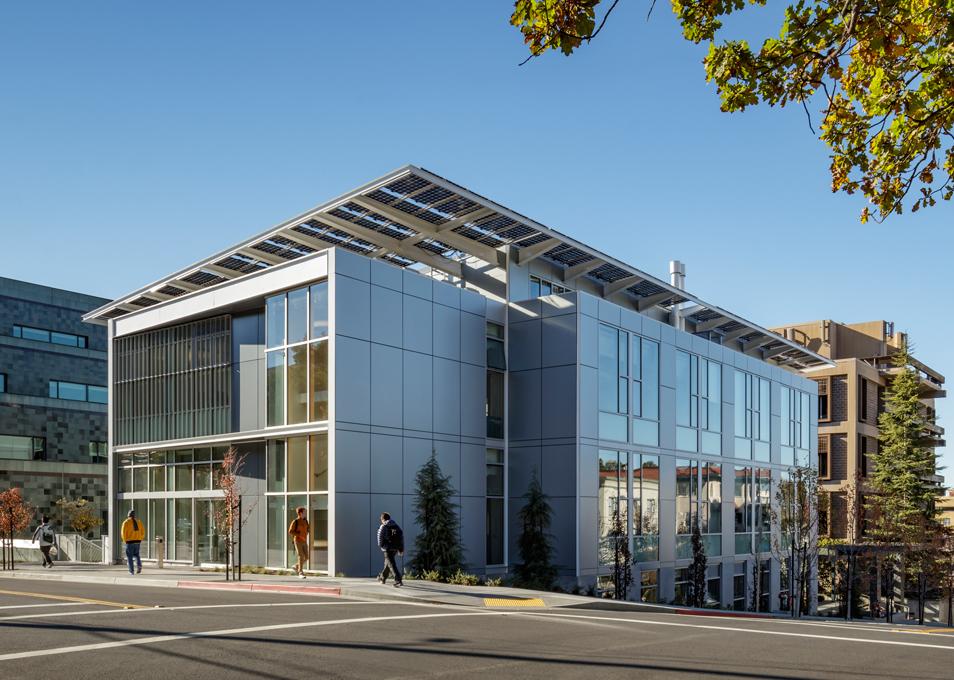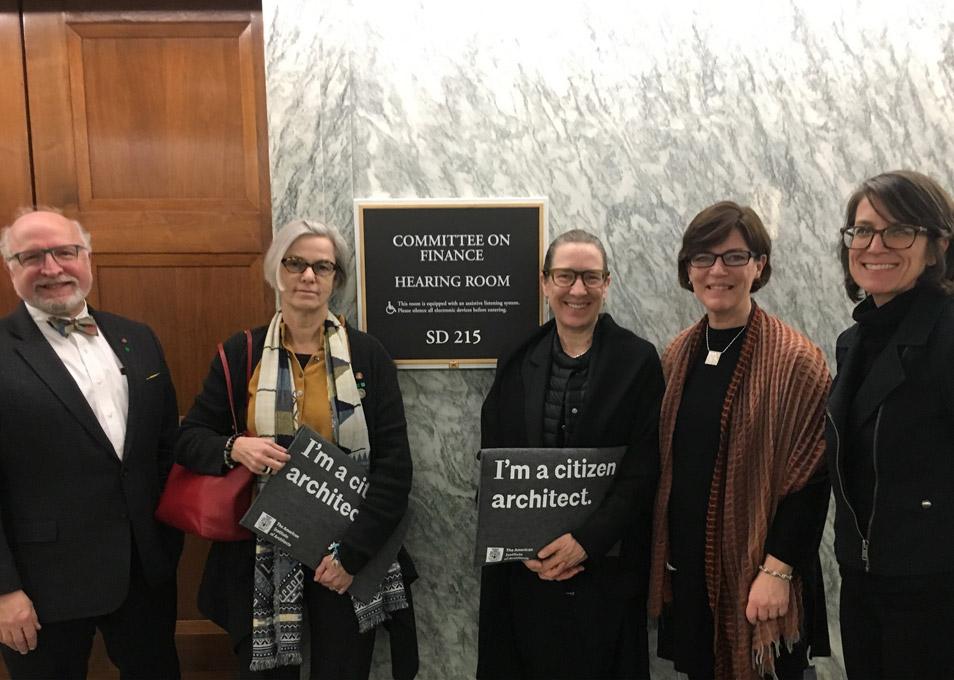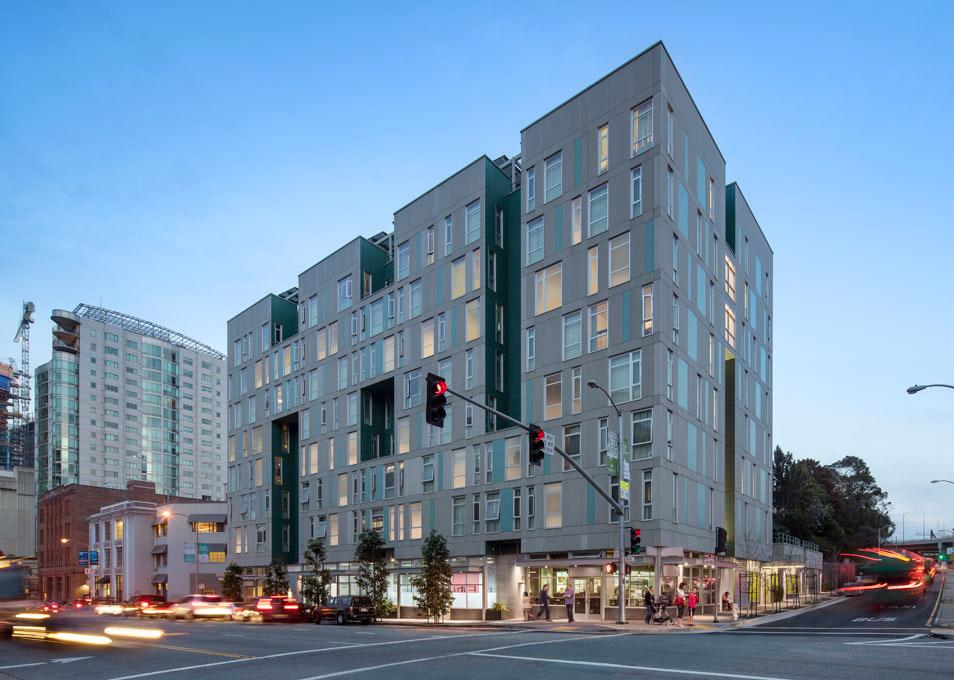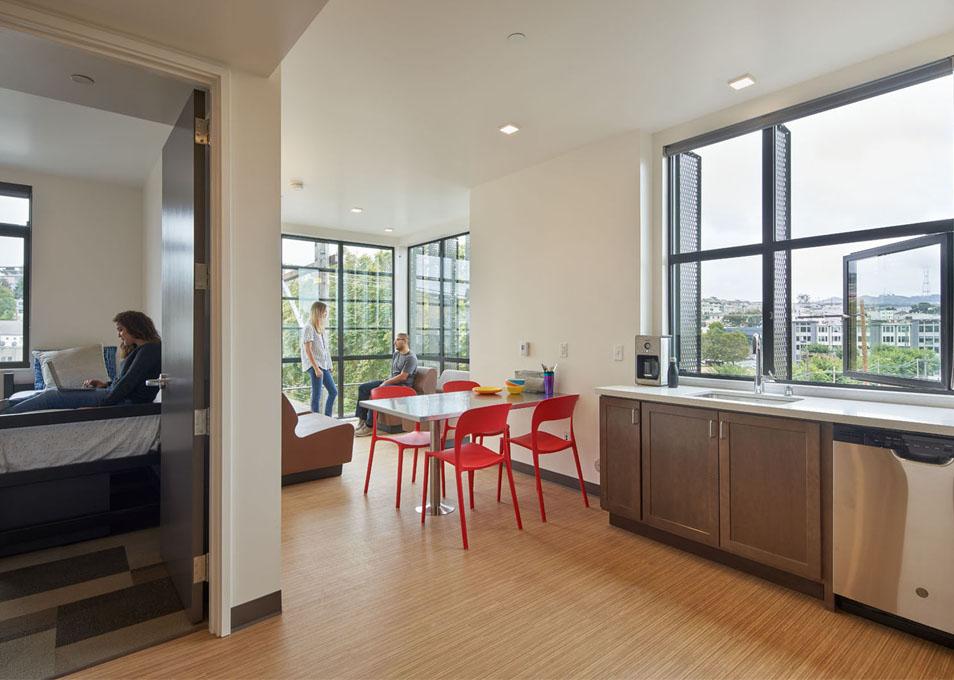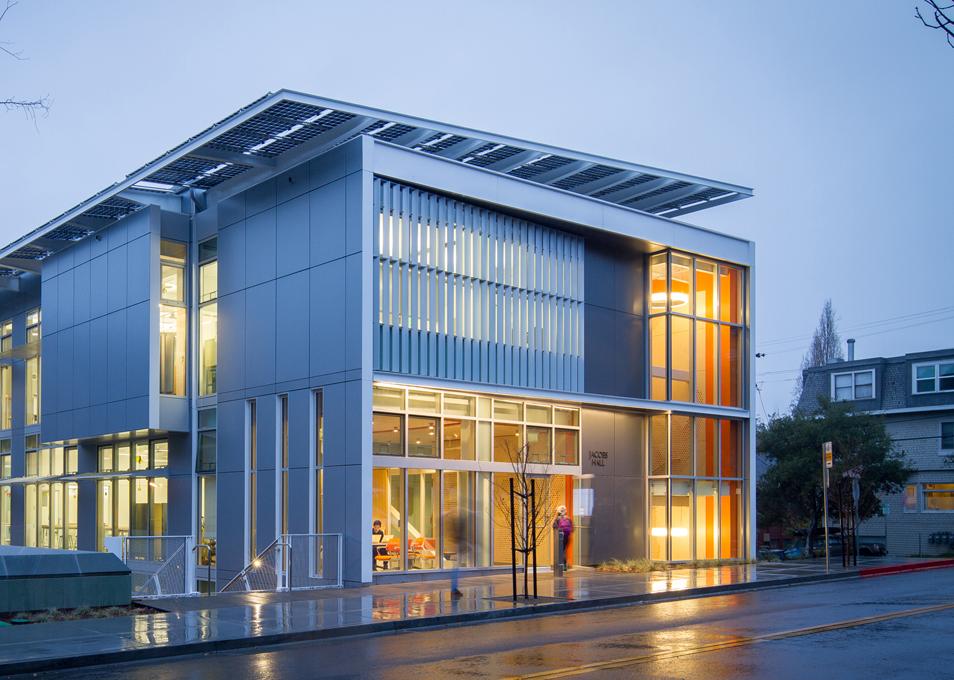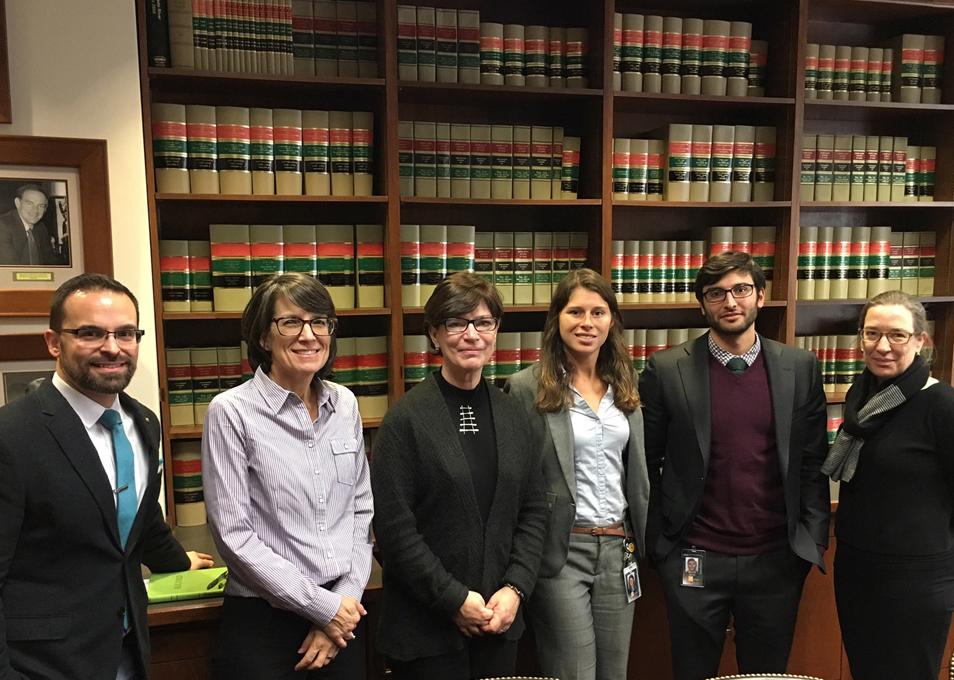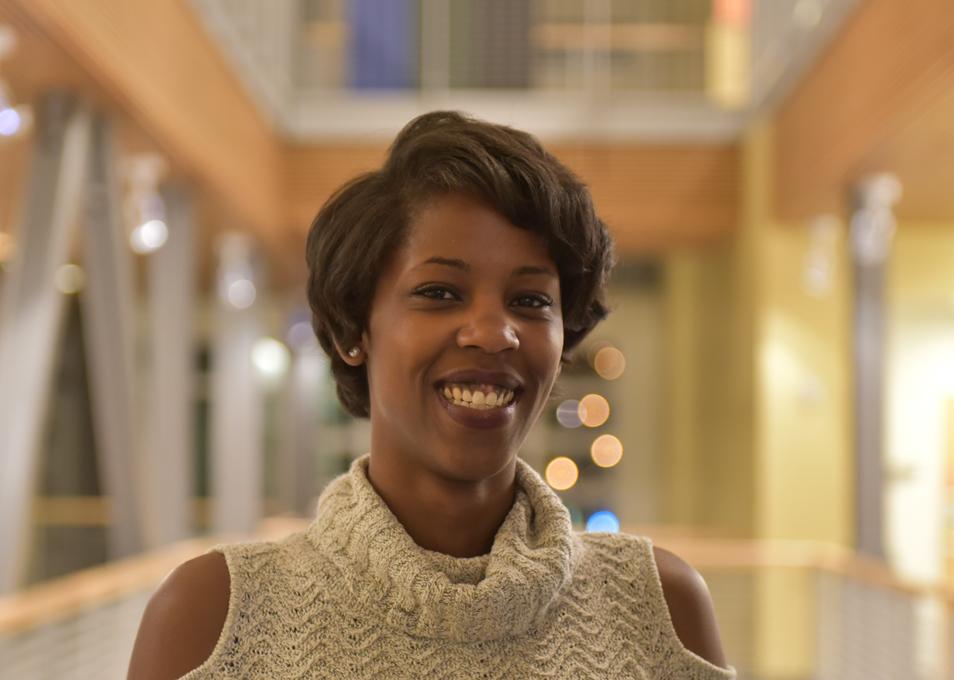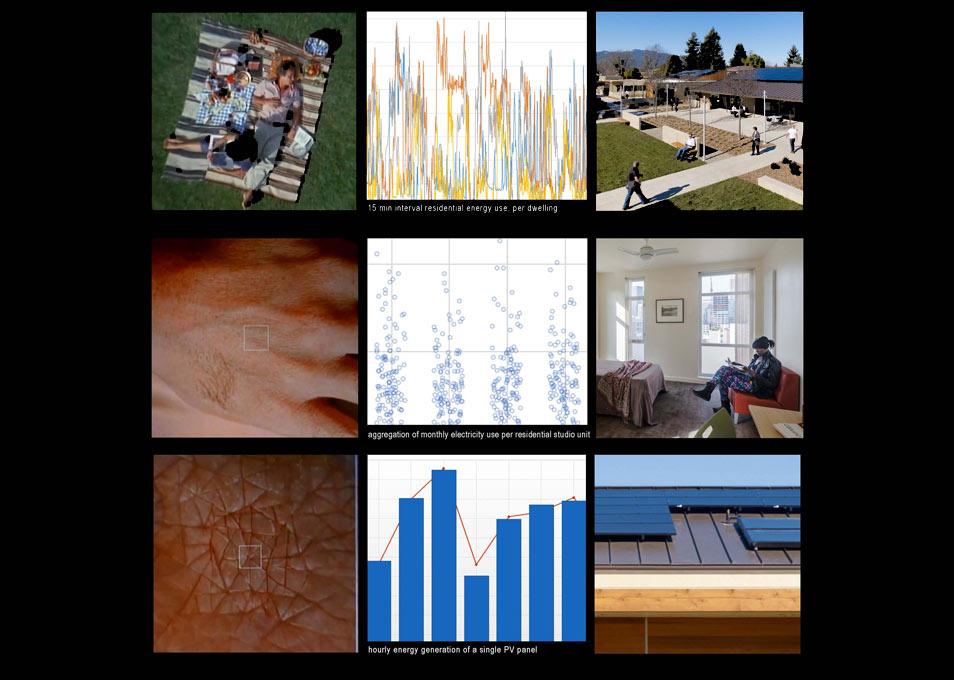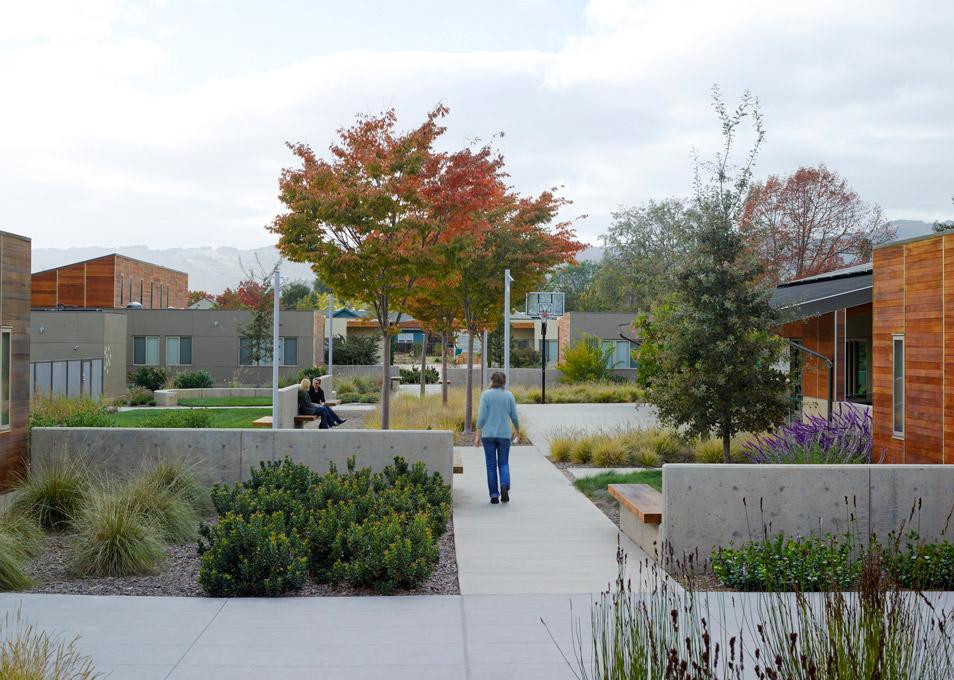Vanna Whitney on housing the unhoused, engaging with diverse user groups, and winning neighbors over through design.
Aaron Thornton on how collaboration makes for stronger design, balancing client and community needs, and how Star Wars inspired his career.
Gregg Novicoff on designing with empathy, public process, and how labor unions shaped his progressive values.
Ryan Jang on design that expresses the values of its users, and building in flexibility for the future.
How can we scale our impact to anticipate ambitious climate goals that are not yet mandated by codes or client requirements? What untapped low-carbon potential of our designs have we yet to discover? For many firms, resources like the 2030 Commitment can help.
Ed Roberts was an international leader and educator in the independent living and disability rights movements. Throughout his life Ed fought to enable all persons with disabilities to fully participate in society and was the first student with significant disabilities to attend UC Berkeley.
Since the transfer of lower Fort Mason from the Army to the National Park Service and then to the non-profit organization in 1977, there has been an amazing transformation of the Pier 2 Shed from a place serving the war effort to a vibrant cultural center.
Commissioned in 1991 by the San Francisco Museum of Modern Art, the Sutro Baths project was featured in the “In the Spirit of Modernism” exhibit, and was selected in the New Public Realm Competition by Progressive Architecture.
Sixth Street in San Francisco is the “Main Street” and focal point within the South of Market Redevelopment Plan’s boundaries following the 1989 Loma Prieta Earthquake.
The Nueva School is at the forefront of the movement to incorporate interdisciplinary inquiry, design thinking, and social / emotional learning throughout their curriculum and, by extension, throughout their learning environments. How can the design of today’s schools fully support the rapidly evolving technologies and curricula that accompany these important educational advances, providing flexible spaces that will continue to inspire 21st century students?
Marsha Maytum started 2019 as the new Chair of the AIA Committee on the Environment (COTE). In February she traveled to Washington, DC to participate in Congressional meetings with House and Senate leaders.
With 5 new multi-family projects in design at the office, we thought we should take a look back at the formal structures of our recent projects.
Higher learning institutions play a vital role in our communities because they are responsible for educating tomorrow’s innovative thinkers and global leaders. In San Francisco, the role of these institutions is being threatened by the lack of affordable housing to support their students. Of the city’s 30 higher learning institutions, only nine provide housing for students. This leaves an estimated 60,000 students to find housing in one of the most expensive markets in the United States.
The Jacobs Institute for Design Innovation on UC Berkeley’s campus has been recognized as a model of sustainable design and collaboration since the building opened in the fall of 2015. The innovation process really began while the building was still in design.
In February I had the opportunity to meet with Congressional staff members on Capitol Hill to deliver two petitions signed by over a thousand AIA members across the country stating their concerns about climate change.
I had the amazing opportunity to work with LEDDY MAYTUM STACY Architects for two months in the fall of 2016...
What is the impact of our work as designers, from the global scale to the cellular scale? Using energy as a proxy, can we measure our reach beyond the property line and within it?
Tea House owners on the rural Nepalese trekking routes are saving and creating energy, and do it on a shoe string budget. In the cities it’s a different story, one of electricity piracy and vehicle pollution among other things.
In W.G. Clark’s essay Replacement, he states that architecture "is the reconciliation of ourselves with the natural land." At LMSA, one aspect of this reconciliation involves sustainable design strategies. Some of these strategies can be simple and straightforward. Other sustainable design strategies are unique to a particular project, growing out of our design process: the careful exploration of the possibilities and constraints of a site and our close collaboration with the stakeholders of a project.
Residential options for adults with autism are limited, yet autism is the fastest-growing developmental disorder in the US. Research has shown that most young adults with autism live with their families. As parents age, how will adults with autism gain independence?
